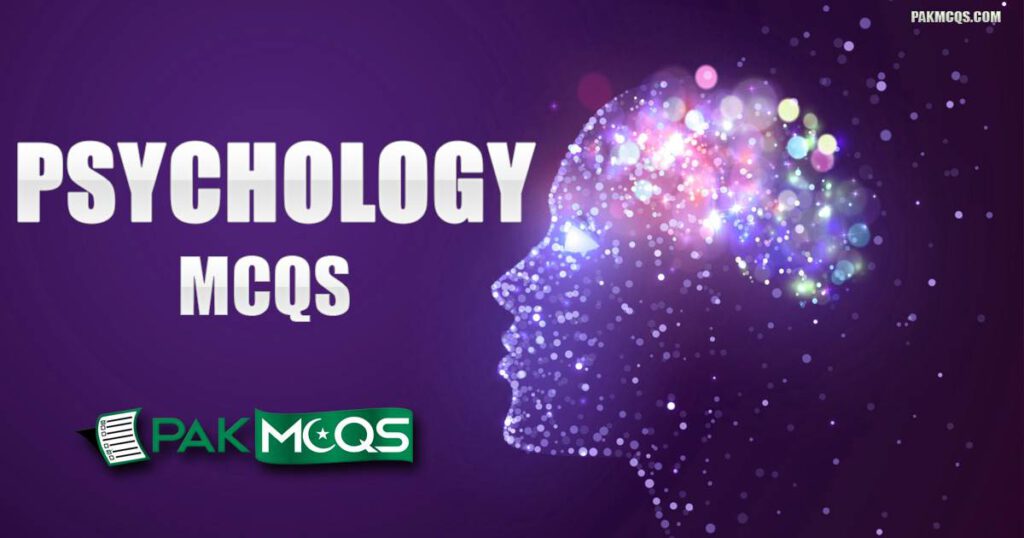A. an increase in stimulus generalization
B. the strength of the UR to increase
C. an increase in response generalization
D. extinction to occur
Psychology Mcqs
Psychology Mcqs for Preparation – These Multiple Choice Questions are important for Lecturer Psychology, Clinical psychologist, Counselling psychologist, Educational psychologist and Forensic psychologist Jobs tests. Psychology Mcqs questions are very important for all type of exams conducted by Fpsc, Nts, Kppsc, Ppsc, Spsc, Bpsc, Ots, Uts, Pts, Cts, Ats, etea and other testing agencies of Pakistan.
| PSYCHOLOGY MCQS | |||
|---|---|---|---|
| 1. Introduction to Psychology | 2. Emotions | ||
| 3. Therapy | 4. Memory | ||
| 5. Intelligence | 6. Infancy And Childhood | ||
| 7. Health Psychology | 8. Forensic Psychology | ||
| 9. Branches of Psychology | 10. Attitudes, Attributions And Social Cognition | ||
| 11. Adolescence And Adulthood | 12. Abnormal Psychology | ||
| 13. Social Psychology | 14. Sensation And Perception | ||
| 15. Research Methods | 16. Psychology Theories | ||
| 17. Psychological Disorders and their Treatment | 18. Personality | ||
| 19. Organizational Psychology | 20. Nervous System | ||
| 21. Motivation | 22. Methods and Approaches | ||
| 23. Methodology | 24. Major Thinkers in Psychology | ||
| 25. Learning | 26. Language And Thought | ||
| 27. Interpersonal Relations And Group Processes | 28. Industrial Psychology | ||
| 29. Educational Psychology | 30. Developmental Psychology | ||
| 31. Criminal Psychology | 32. Coordination | ||
| 33. Cognitive Psychology | 34. Biological Foundations of Behavior | ||
| 35. Miscellaneous Psychology | 36. | ||
A. operant conditioning
B. reinforcement
C. classical conditioning
D. vicarious conditioning
A. neutral stimulus
B. unconditioned stimulus
C. conditioned stimulus
D. unconditioned response
A. variable interval
B. variable ratio
C. fixed interval
D. fixed ratio
A. What is taught to him
B. What does he learn at home
C. For what he wishes to learn
D. What he find in his environment
A. Give rise to many habits
B. Give rise to many emotional states
C. Gibes rise to many economic abilities
D. Give rise to many permanent behavioural changes
A. Pavlov
B. Skinner
C. Thorndike
D. Watson
A. To know the problem
B. To comprehend and sole the problems
C. To comprehend the problem by experience
D. To remove the problem
A. The particular learning can be beneficial for him
B. The particular learning can be beneficial for him in future
C. The particular learning can be socially beneficial for him
D. All of the above
A. Meaningless content
B. Meaningful content
C. Punishment
D. Ignorance of individual differences


